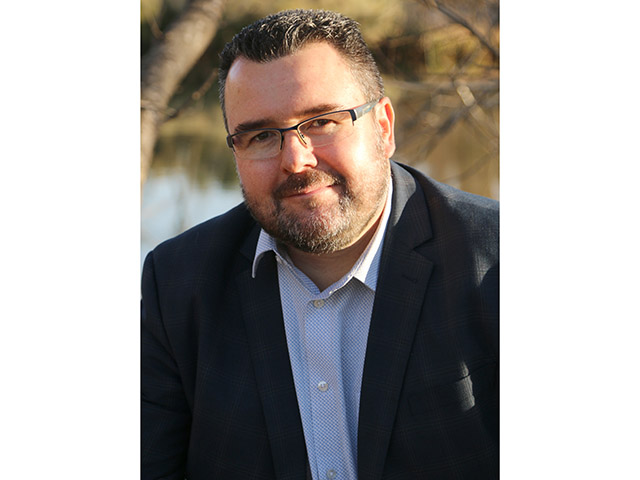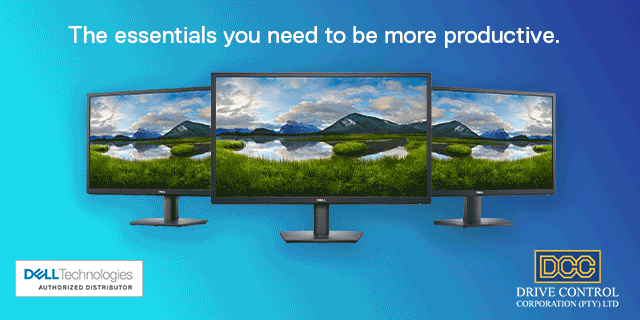Cisco on securing your hybrid working model
By Staff Writer 8 April 2022 | Categories: feature articles
FEATURES SPONSORED BY DELL E-SERIES 24" MONITORS FROM DCC:
Flexible working hours and geographies are here to stay. For companies embracing the hybrid working model it comes with the imperative to ensure safe, secure access for all employees wherever they are, while also ensuring a user-friendly environment for all.
Cisco is supporting this business evolution.
“Remote working opens up new opportunities for security threats,” Brendan Cuthbertson, head of private sector sales at Cisco, says. “Traditional security approaches have assumed that anything inside the corporate network can be trusted but that’s no longer enough as employees work from anywhere, use their own devices to access the network, depend increasingly on cloud-based applications and collaborate with people wherever they are.
“The only way to manage security and remote working is to have a sound security platform.”
As one of the largest cyber security vendors in the world, Cisco is well-positioned to tackle this issue, Cuthbertson says. “Every workload or piece of data has to touch the network at some point, so you need to be able to secure all communications and every piece of data.
“A platform approach is vital because you can’t look at devices, data centres, workloads and data in isolation. You need a zero-trust model that treats all resources as external and continuously verifies trust before granting only the required access. This makes it harder for attackers to infiltrate and collect what they need.”
This is where Cisco’s expertise comes in with Secure Access Service Edge (SASE).
What is SASE?
SASE combines networking and security functions in the cloud to deliver secure access to applications, anywhere users work. The core functions include software-defined wide area network (SD-WAN), firewall as a service, Secure Web Gateway (SWG)s, Cloud Access Security Broker (CASB), and zero Trust Network Access (ZTNA). The goal of the SASE model is to consolidate these functions — which were traditionally delivered separately — in a single, integrated cloud service.
What’s driving the move to SASE?
Just 5% of people worked from home before Covid, but today a massive 87% of them want greater ownership in defining how and when they use office space.
The workplace has undergone a dramatic shift that is fundamentally changing how we work, and collaboration plays out in the numbers: 58% of workers now expect to be working from home at least eight days a month.
And 96% of companies can provide better work environments with intelligent workplace technology.
Cuthbertson says. “Human behaviour is changing, and we are seeing it in the way people engage with one another and source resources.”
While the principles of SASE have been forming for years, SASE is now in the forefront as remote access to applications and “work from anywhere” became a top organisational priority. With this shift, the data centre is no longer the hub – the user is. To give them secure access to work resources and applications, users must now be treated as a “branch of one.”
But the traditional branch isn’t gone. Some people may head back to the office soon and worker distribution will inevitably shift again. Throughout these ever-changing times, users still expect a seamless connection to the applications they need.
SASE is based on cloud-native capabilities that simplify the IT environment by bringing networking and security teams closer together to drive stronger collaboration and faster response times.
Cisco’s SASE approach delivers simplicity, visibility, and efficiency. Implementing a full SASE architecture is a multi-step journey that will be different for every organisation. Cisco provides solutions that include the consolidation, ease of deployment, and management that you need to scale your business and provide effective security for users anywhere they choose to work – without a degradation in speed, performance, or user experience.
Most Read Articles

Have Your Say
What new tech or developments are you most anticipating this year?




